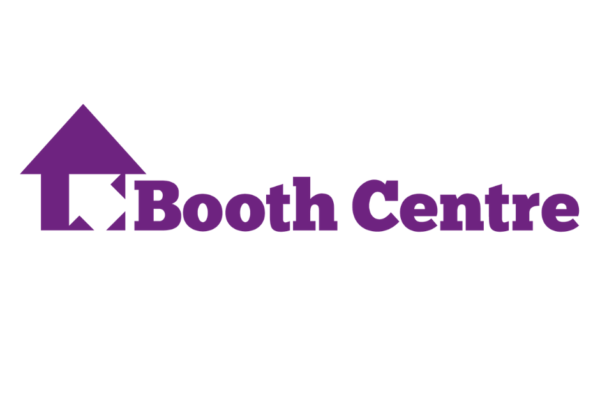
Mistakes Made by Hiring Managers and Why It’s Costing Them
Getting the recruitment process just right is vital for you, the person being interviewed, and the business. No one wants to waste time (especially in sales!), so why do hiring managers continue to make avoidable mistakes? We see the same kinds of mistakes consistently, and it’s having a negative impact on some of our clients. Especially in such a vacancy saturated market, hiring managers cannot afford to deter amazing candidates!
If a candidate has been approached and isn’t necessarily desperate to leave their current job, the recruitment process has to really ‘wow’ them. If a job seeker is out of work or looking to leave their current job, chances are that your company isn’t the only one that they’re interviewing with. So, you have even more competition. Whatever the case may be, a strong recruitment process and honest communication is key in ensuring great candidates don’t slip through the net. Here are common mistakes made by hiring managers:
Slow recruitment process
Not only does a lengthy and complex recruitment process disillusion candidates, it also gives your competition time to swoop in and hire them.
Recently, we’ve worked with an analytics vendor that had two amazing candidates at the final interview. Not one, but both candidates ended up joining other businesses! Falling at the final hurdle and ending up back at square one is a tough pill to swallow. Especially as the analytics vendor had put so much time and effort into the process. Nevertheless, the other businesses had more streamlined recruitment processes meaning everything ticked along quicker. Even if the candidates would’ve rather joined the original company, the uncertainty of the final interview means an offer right in front of you would be hard to pass up.
If your recruitment process has various steps and red tape to get through before reaching the final decision, consider reflecting on whether you really need all those stages. Could they be streamlined whilst maintaining the quality of hiring?
At ESP, the time from having the first interview to getting placed is at an average of 6 weeks. This seems to be the sweet spot between too slow and too rushed.
Telling fibs
Catching out a lie is off-putting in any situation, but the weight of this is amplified in the recruitment process. It’s a serious circumstance – someone’s job, livelihood, money. So, we implore hiring managers to avoid lying to candidates!
We see it time and time again. A hiring manager wants to get a candidate really excited about the opportunity and they end up over promising and under delivering.
Common lie 1: “We can pay you £10k on top of your current salary”
Setting the candidate’s expectations way too high and then not delivering is extremely frustrating for them.
Lie 2: “I’m offering you the job”
This one is particularly harsh. An extreme waste of the candidate’s time! But thankfully it is rare.
Common lie 3: “I’m putting you through to the next stage”
We see this lie practically every week. Just keep it shtum if you’re not sure!
In conclusion, only communicate the feedback if you’re absolutely certain of.
Having a recruitment process that’s too short
Remember – a candidate is interviewing whether they want to work with you just as much as you are them. If the recruitment process is short and lacking in stages, it typically doesn’t give the candidate a good enough opportunity to get to know you and assess if they want to work there. The process might seem rushed without enough insight to the business, the role, and the culture.
Not only could this be off-putting to the person being interviewed, it can also massively hinder you and the business. Especially if this is a particularly senior role, hiring “good enough” without getting to know them and their experience can result in disaster. Taking the time to think through your process more strategically benefits them and you.
Other common mistakes made by hiring managers:
- In a similar vein to having too lengthy of a recruitment process, some interviewers ask too much of the candidate. Selling your very complicated solution for the first time to a large panel of people is not the most productive way to gauge ability.
- Not bringing the start date forward if it can be. Especially if the candidate is out of work.
- Offering a lower salary than they’re worth!
The top candidates can easily be in 5 different recruitment processes at once. You don’t want to lose a quality addition to your business to your competitor. If you make the recruitment process difficult and particularly unenjoyable for them, don’t make a good offer, lie about their salary, etc. you will lose them! Currently, there are more jobs than job seekers. So, you need to think ahead and move through the progress quickly (without hindering the hiring quality) to get the top candidates.
If you’re struggling with your recruitment process and require some guidance, get in touch with our fantastic team. ESP have over 15 years experience in recruitment, and our team will be happy to advise on how to streamline your process that will attract the top talent.



